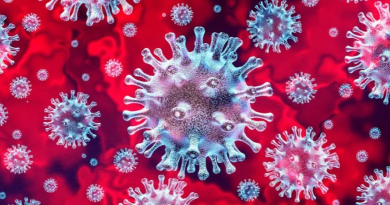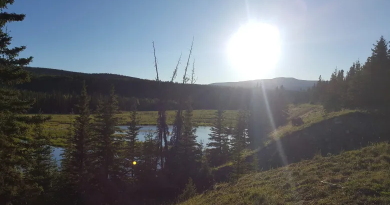National Centre for Truth and Reconciliation archives added to UNESCO world register
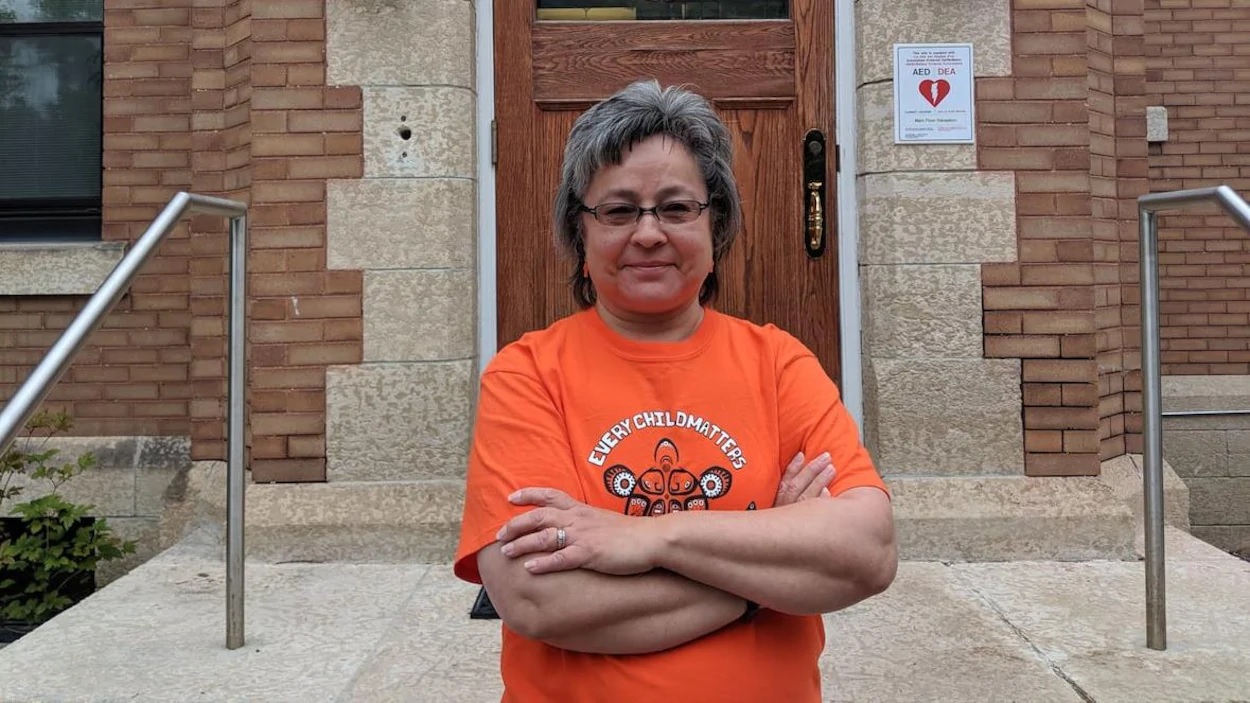
The collection of archives, personal stories and photos of residential school survivors at the National Centre for Truth and Reconciliation in Winnipeg, Manitoba were added to the UNESCO Canada Memory of the World Register Wednesday.
“This says that the material that we hold here — the survivors’ statements, the documents — are essential knowledge for all Canadians. They have to be protected and they have to be preserved,” said Ry Moran, director of the National Centre for Truth and Reconciliation (NCTR).
Moran worked as the director of Statement Gathering and National Research Centre during the Truth and Reconciliation Commission.
The Canada Memory of the World Register was created in 2017 to promote and provide access to a wide range of documents that are significant to Canadian history.
Wednesday’s addition was one of three collections that were added to the register, the other two being the McCord Stewart Museum’s Notman Photographic Archives in Montreal and the Wallace B. Chung and Madeline H. Chung Collection at the University of British Columbia Library.
The announcement at the centre was attended by a small group of residential school survivors, including Orange Shirt Day founder Phyllis Webstad.
“I am so emotional,” said Webstad.
“It’s a world recognition that these documents of survivors’ truths are going to be kept for years to come and for future generations.”
6 new members added to survivors circle
The NCTR also welcomed this week the addition of six new members to its Survivors Circle.
The new members of the circle — Ted Quewezance, Jimmy Durocher, Wanbdi Wakita, Sarah Peryouar, Phyllis Googoo and Lila Bruyere — will work with the NCTR for two-year terms and ensure that survivors’ voices remain central to the centre’s programming and policy.
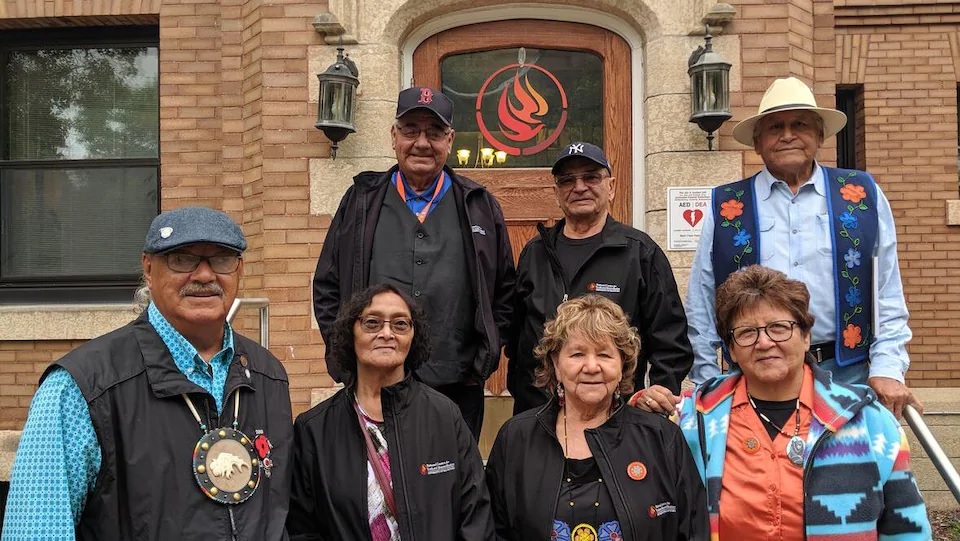
“It’s an honour and I’m learning even more as a survivor,” said Bruyere.
Bruyere is from Couchiching First Nation in northern Ontario and attended St. Margaret Indian Residential School.
She has worked in the field of addictions for 15 years and often travels to speak at schools.
“The ones out there that know what happened are the kids,” said Bruyere.
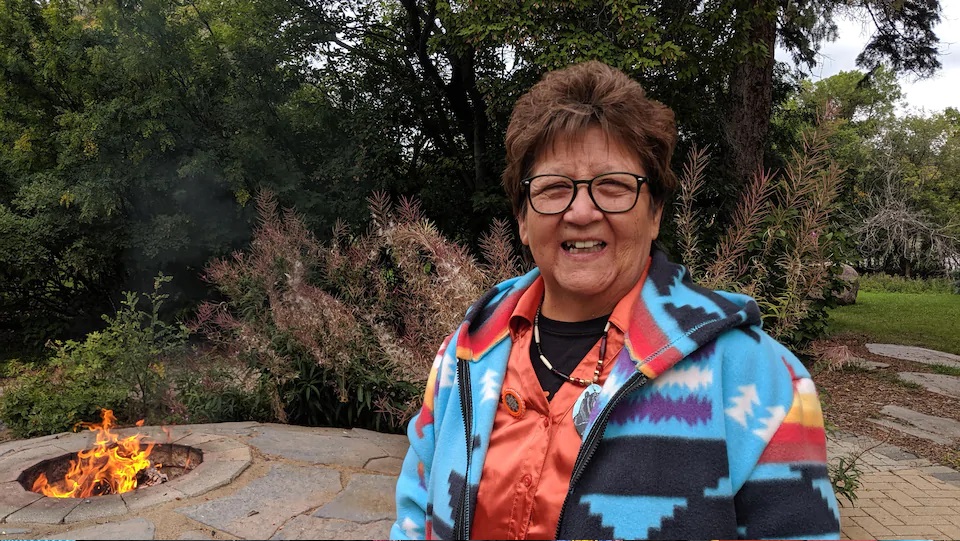
Wakita, a Dakota elder who lives in Winnipeg, said people are just beginning to understand the meaning of an office like the NCTR.
“We have some work to do as Indigenous people regarding this piece of paper called the Truth and Reconciliation [report], said Wakita.
“We also have work to do with the non-Indigenous people like a how-to book [on reconciliation]. But I’ve always said we need the truth first.”
He said he committed to working with the Survivors Circle because he doesn’t want to see his grandchildren or other survivors’ grandchildren go through another experience like the residential school system.
“I believe that I can make a difference because of what I went through,” said Wakita.
Related stories from around the North:
Canada: Non-fiction book about inuk residential school survivor from Atlantic Canada attracts readers in Poland, CBC News
Finland: Indigenous Sámi community weighs in on Finland’s truth and reconciliation process, Yle News
Sweden: Twenty-five Indigenous Sami remains returned by museum are reburied in northern Sweden, Radio Sweden
United States: Inuit leaders to advance Indigenous human rights, Radio Canada International

